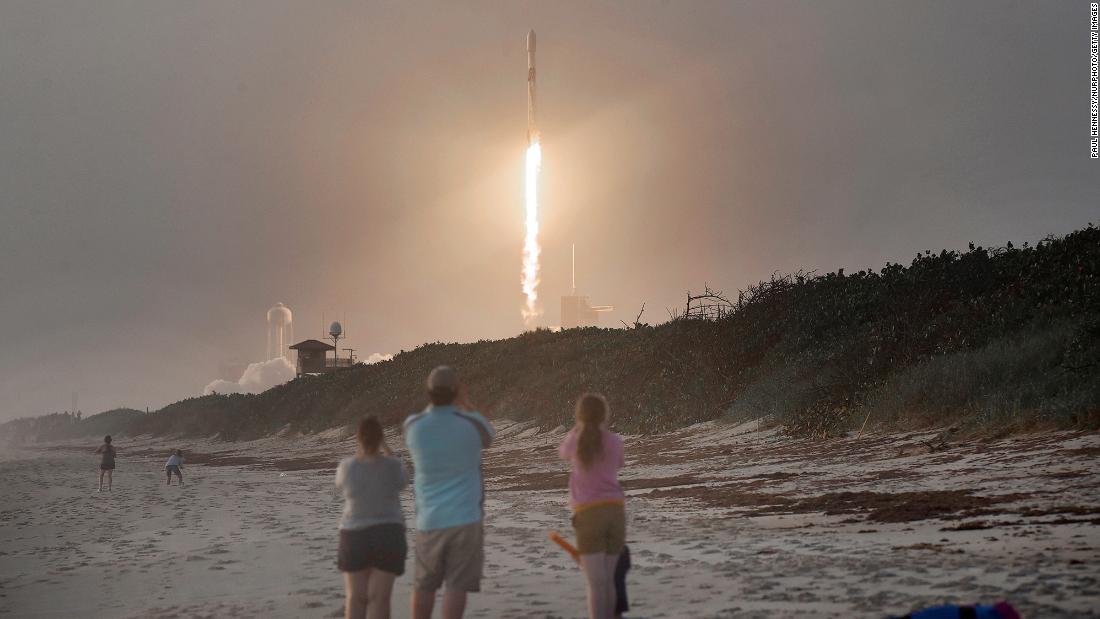
The move sets the company up to expand its customer base, which so far has been focused solely on providing roughly $100-per-month internet services to homes, mostly in areas that aren’t serviced by traditional ground-based internet service. It has hundreds of thousands of subscribers around the world.
The regulatory approval, handed down from the Federal Communications Commission on Thursday, also grants SpaceX the ability to expand its service to trains, ships, and other vehicles, opening up a broad swath of potential corporate customers. The company has also already been advertising its services for RV drivers.
Traditionally, airlines, ships and trains have relied on satellites in geosynchronous orbit, a band of orbit that lies more than 22,000 miles away, provided by companies such as ViaSat. SpaceX’s Starlink takes a different approach to beaming internet from space by putting thousands of satellites in low-Earth orbit, or just a few hundred miles off the ground. The company says this offers lower latency, or lag times, for its service.
It’s not clear how Starlink’s mobile services may be priced, but SpaceX does already market its service directly to businesses.
The FCC’s decision also marks yet another chapter in an ongoing battle over spectrum rights. Spectrum refers to a range of radio frequencies, and federal regulators closely guard what companies are allowed to use which frequencies so that signals don’t interfere with one another.
Companies including ViaSat, Dish Network, and wireless company RS Access petitioned against the FCC’s decision.
SpaceX did not respond to a request for comment for this story.
